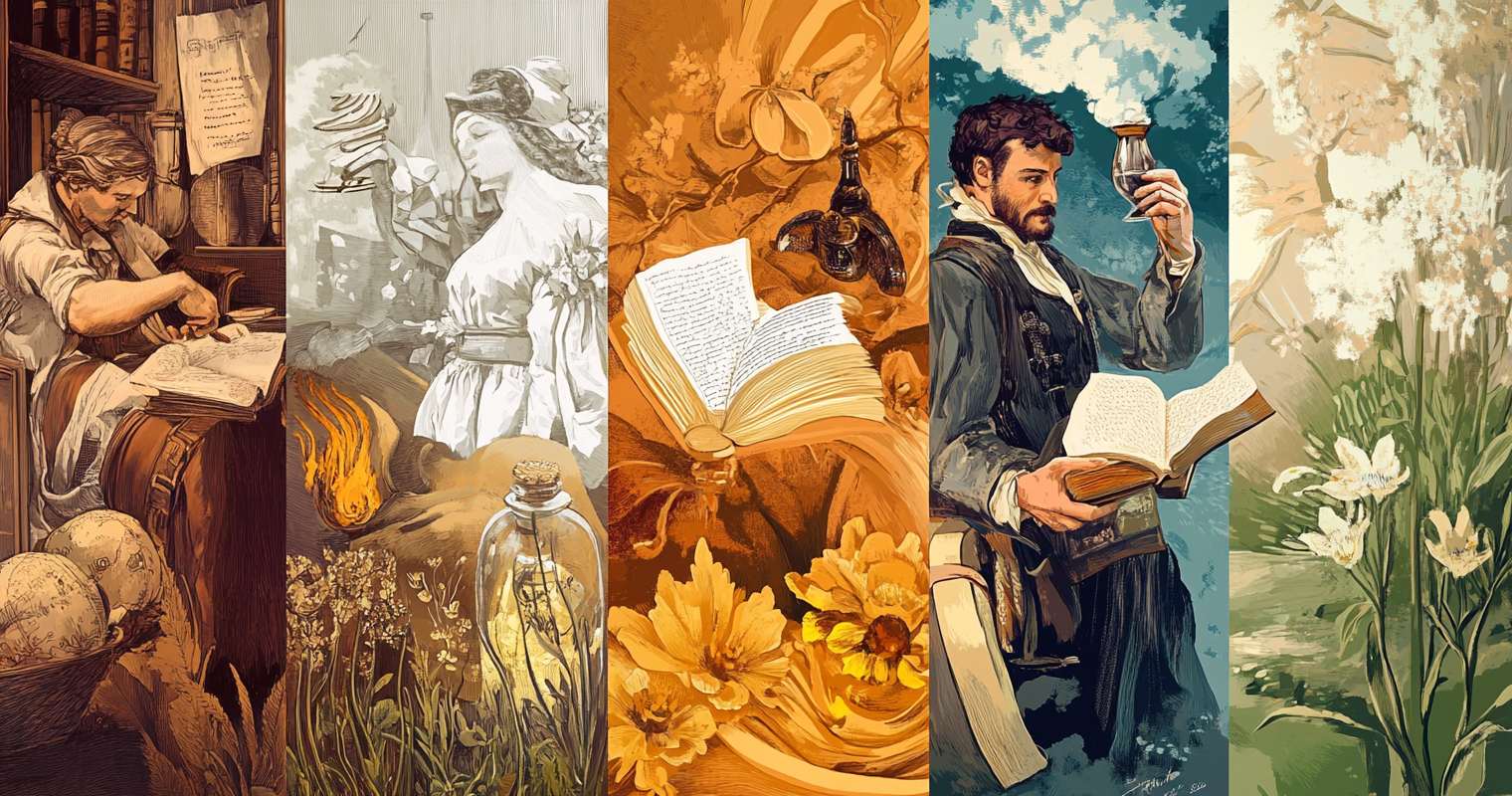
History of English Literature Quiz, Test Your Knowledge Now. The history of English literature reflects the evolution of culture, ideas, and language across centuries. This History of English Literature Quiz offers an exciting way to test your understanding while expanding your knowledge of key literary periods, authors, and works. Whether you’re a student, teacher, or literature enthusiast, this quiz will challenge your grasp of English literary history.
Take the quiz now and discover how well you truly know the history of English literature! Whether you’re aiming to improve your writing, ace an exam, or simply appreciate classic works, this quiz is the perfect step forward. Start now and elevate your literary knowledge today!
Understanding the History of English Literature Part 1
English literature spans centuries, divided into distinct periods, each defined by unique themes, writing styles, and historical influences. Here’s a brief overview:
- Old English (Anglo-Saxon) Period (450–1066):
The earliest form of English literature, heavily influenced by oral storytelling and heroic legends.- Beowulf, an epic poem celebrating heroism and loyalty, is the most famous work of this period.
- Middle English Period (1066–1500):
Following the Norman Conquest, French and Latin influences shaped English writing.- The Canterbury Tales by Geoffrey Chaucer offers vivid character sketches and social commentary.
- Renaissance (1500–1660):
The Renaissance revived classical learning, emphasizing humanism and creativity.- William Shakespeare, Christopher Marlowe, and Edmund Spenser were prominent figures.
- Famous works include Hamlet, Dr. Faustus, and The Faerie Queene.
- Restoration and 18th Century (1660–1798):
This period focused on reason, satire, and political commentary.- John Dryden, Alexander Pope, and Jonathan Swift led the way.
- Swift’s Gulliver’s Travels and Pope’s The Rape of the Lock are notable examples.
- Romantic Period (1798–1837):
Romanticism celebrated emotion, nature, and individualism.- William Wordsworth, Samuel Taylor Coleridge, and John Keats were key poets.
- Famous works include Lyrical Ballads and Ode to a Nightingale.
- Victorian Period (1837–1901):
Victorian literature reflected industrialization, social reform, and morality.- Charles Dickens, Charlotte Brontë, and Thomas Hardy were prominent authors.
- Key works include Oliver Twist, Jane Eyre, and Tess of the d’Urbervilles.
- Modern Period (1901–1945):
Modernist writers experimented with style and questioned traditional beliefs.- Virginia Woolf, James Joyce, and T.S. Eliot led the movement.
- Famous works include Mrs. Dalloway, Ulysses, and The Waste Land.
- Postmodern Period (1945–Present):
Postmodern literature challenges conventional narratives and embraces diversity.- Writers like Salman Rushdie, Margaret Atwood, and Haruki Murakami explore complex themes.
- Works such as Midnight’s Children and The Handmaid’s Tale reflect postmodern sensibilities
Why Studying English Literature Matters
Studying English literature enhances your understanding of human experiences, historical perspectives, and cultural evolution. It develops critical thinking, analytical skills, and creativity, while also improving your writing and communication abilities.
Moreover, exploring literary history allows you to recognize recurring themes, symbols, and styles, enriching your reading experience. For instance:
- Heroism in Beowulf reflects Anglo-Saxon values.
- Social critique in Dickens’ novels mirrors Victorian struggles.
- Psychological depth in Modernist works challenges traditional storytelling.
Whether you enjoy poetry, drama, or novels, understanding literary history deepens your appreciation for the written word.
Addressing Common Literary Challenges
Many learners struggle with period distinctions, literary terminology, and authorial styles. This quiz highlights common challenges, such as:
- Identifying Literary Periods:
- Is Jane Austen’s work Romantic or Victorian? (Answer: Romantic, though her style foreshadows Victorian themes.)
- Understanding Themes:
- What theme connects Wordsworth’s poetry? (Answer: Nature and emotion.)
- Recognizing Styles:
- What defines Modernist writing? (Answer: Stream of consciousness, fragmentation, and experimentation.)
- Author-Work Pairing:
- Who wrote Paradise Lost? (Answer: John Milton—Restoration Period.)
This quiz will help you navigate such challenges while reinforcing your literary knowledge.
Practical Tips for Mastery
To master the history of English literature, focus on period characteristics, key authors, and famous works. Follow these tips to improve your understanding:
- Learn Periods and Their Themes:
Study the timeline of English literature and associate each period with its themes, authors, and styles. - Read Representative Works:
Explore classic texts from each period:- Old English: Beowulf
- Middle English: The Canterbury Tales
- Renaissance: Hamlet
- Romantic: Lyrical Ballads
- Victorian: Great Expectations
- Modernist: The Waste Land
- Postmodern: The Handmaid’s Tale
- Recognize Literary Devices:
Identify common literary techniques, such as metaphor, alliteration, irony, and symbolism. - Understand Historical Context:
Relate literary works to historical events, such as the Norman Conquest, the Industrial Revolution, and the World Wars. - Practice with Quizzes and Discussions:
Engage in quizzes, book clubs, or online forums to reinforce your learning.
Take the Quiz and Test Your Skills
Ready to challenge yourself? This History of English Literature Quiz offers an interactive, engaging way to test your understanding while gaining valuable insights into the evolution of English writing. Through carefully crafted questions, you’ll identify your strengths and uncover areas for improvement.
